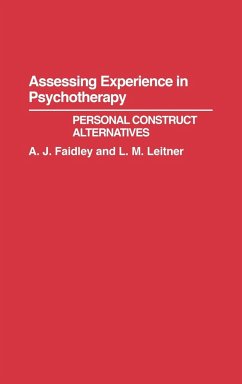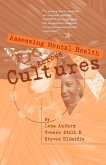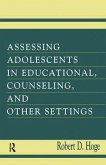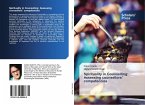This book focuses on the importance of understanding the experience of the person as the primary task of psychology and psychotherapy. It uses phenomenologically based, qualitative research methodologies to understand the experiences of four persons being seen in psychotherapy. It compares hypotheses generated from phenomenologically based assessment instruments to detailed analyses of psychotherapy sessions. Thus, therapists, students, and clients can see the relationship between the holistic understanding of the experience of persons and avenues for therapeutic movement. The book is divided into four sections. Part I discusses the clinical theory on which the study is based. A chapter on qualitative research methodologies includes both the philosophical bases of this form of research and the compatibilities between qualitative psychology and personal construct theory. Part II deals with the process of assessing experience within personal construct psychology. It describes the two techniques--the role construct elicitation technique and the interview technique--that are used to elicit verbal meanings. In many ways, Part III consisting of four chapters, forms the heart of the volume. Each deals with a special person--a client being seen in experiential personal construct psychotherapy. After discussing clinical hypotheses derived from the constructs, each chapter presents an intensive interpersonal process analysis of the client's second therapy session. Each chapter then compares the clinical hypotheses generated from the client's personal meanings to the actual struggles in the therapy room. Part IV attempts to draw implications from the project that will be useful to persons engaged in the struggle to understand the inner meanings of others.
Hinweis: Dieser Artikel kann nur an eine deutsche Lieferadresse ausgeliefert werden.
Hinweis: Dieser Artikel kann nur an eine deutsche Lieferadresse ausgeliefert werden.








